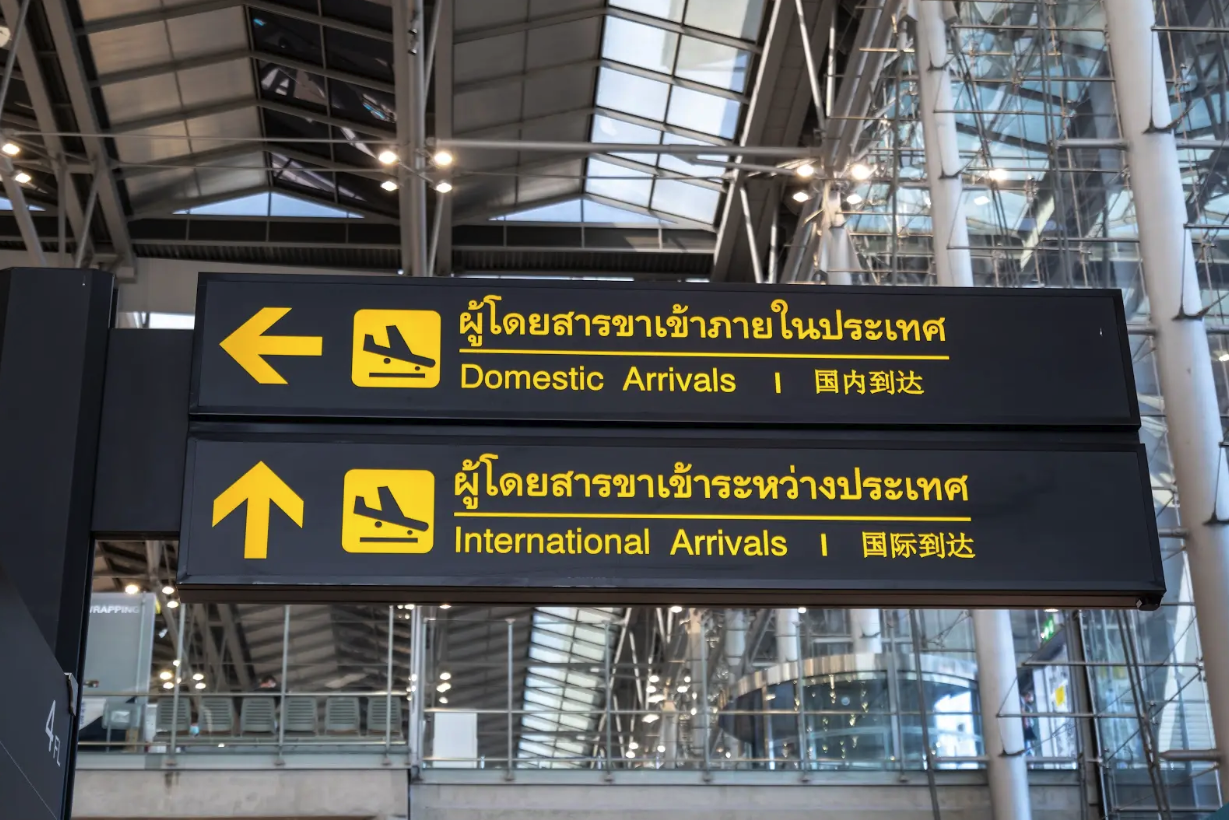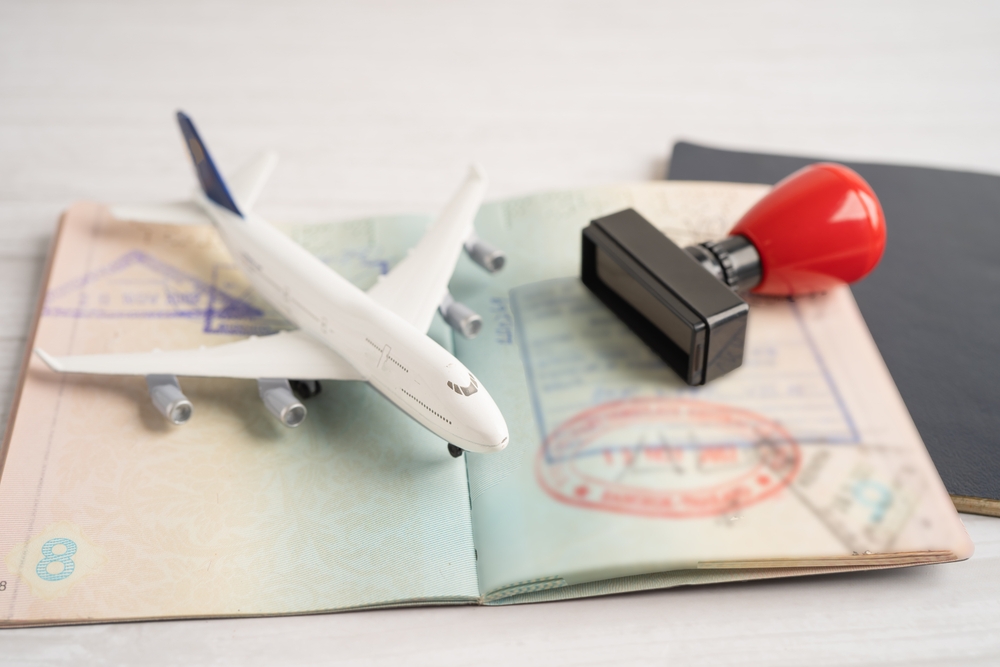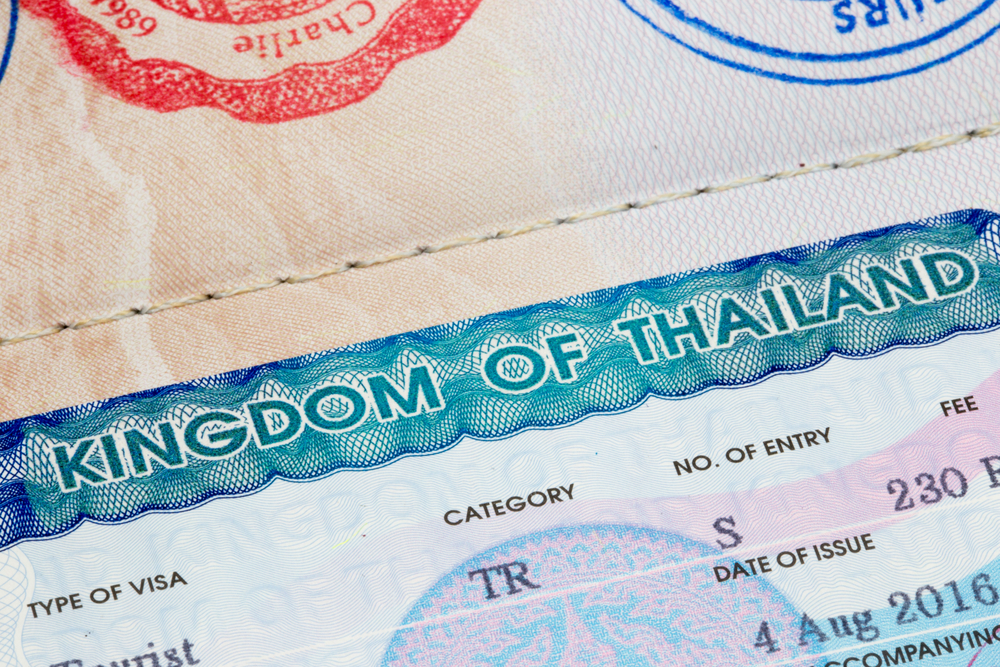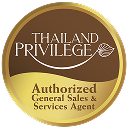Types of Thailand 3-Month Visa
1. Tourist Visa (TR)
A tourist visa allows foreigners to stay in Thailand for up to 90 days.
- Available as single-entry or multiple-entry.
- Designed for leisure travel, exploration, and short-term stays.
- Extensions of up to 30 days can be granted at immigration offices.
2. Non-Immigrant Visa (Non-B, Non-O, Non-ED, etc.)
These visas apply to business, education, marriage, or retirement purposes.
- Valid for 90 days initially, extendable up to one year.
- Applicants must provide supporting documents related to their intended activity (e.g., business registration, school enrollment, or marriage certificate).
3. Student Visa (Non-Immigrant ED)
Issued to students accepted by recognized Thai institutions.
- Valid for 90 days and renewable according to course duration.
- Schools typically assist with renewal paperwork.
Eligibility Requirements
To qualify for a 3-month Thai visa, applicants generally must provide:
- A valid passport with at least 6 months’ validity
- Proof of sufficient financial means (e.g., recent bank statements)
- A confirmed return or onward ticket
- Supporting documents such as an invitation letter or school acceptance letter, if applicable
Application Process for the Thailand 3-Month Visa
Applying for a Thai visa is straightforward but requires accuracy and preparation.
- Complete the visa application form (available online or at Thai embassies).
- Gather required documents: passport, recent photos, financial proof, and supporting letters.
- Submit your application to a Thai embassy or consulate in your home country.
- Pay the visa fee, which varies by type and number of entries.
- Wait for processing—usually 3–5 business days.
Tip: In some regions, applicants can use Thailand’s official E-Visa system via https://www.thaievisa.go.th.
Visa Extensions and Renewals
Tourist Visa Extension
Tourists may extend their 90-day visa by 30 additional days at a Thai immigration office for a small fee (currently THB 1,900).
Non-Immigrant Visa Extension
Non-immigrant visa holders can extend their stay up to one year, depending on category and purpose—such as employment, retirement, or family reunification.
Single-Entry vs. Multiple-Entry Comparison

Common Questions About the Thailand 3-Month Visa
1. Can I apply online?
Yes. Some Thai embassies and consulates accept e-visa applications, but others still require in-person submission.
2. Can I leave and re-enter Thailand during the visa period?
Only multiple-entry visa holders can re-enter without reapplying. Single-entry holders must apply for a new visa after departure.
3. What happens if I overstay my visa?
Overstaying results in fines (THB 500 per day) and can lead to blacklisting or deportation. Always extend your stay before expiry.
4. Can I work on a tourist visa?
No. Employment requires a Non-Immigrant B visa and a valid work permit.
5. How long does processing take?
Processing typically takes 3–5 business days, though timelines vary by embassy.
Tips for a Smooth Application
- Verify all document requirements with your local Thai embassy.
- Keep digital and physical copies of submitted materials.
- Apply 2–3 weeks before your travel date to avoid delays.
- For complex cases (dual citizenship, business travel, etc.), consult a licensed visa specialist.
Health and Insurance Requirements
Some visa categories—particularly longer non-immigrant visas—require health insurance coverage of at least USD 50,000 in Thailand.
Even if not mandatory, comprehensive travel insurance is strongly recommended.
Common Mistakes to Avoid
- Submitting incomplete or inconsistent paperwork
- Overstaying your visa or missing renewal deadlines
- Applying for the wrong visa category
- Attempting to work on a tourist visa
Alternatives to the 3-Month Visa
If you plan a longer or recurring stay in Thailand, consider:
- Long-Term Non-Immigrant Visa (e.g., Business, Retirement, or Education)
- Thai Marriage Visa for spouses of Thai citizens
- Thailand Privilege Visa for flexible long-term residency with exclusive benefits
For long-term solutions, explore our Investment and Privilege Visa Programs.
COVID-19 and Health Updates (2025)
Thailand has lifted most pandemic-era restrictions, but entry rules may change based on public health developments. Travelers should confirm:
- Latest health declaration or insurance requirements
- Vaccination or testing updates
- Any quarantine protocols for high-risk arrivals
Refer to official announcements from the Thai Ministry of Foreign Affairs or the Immigration Bureau before travel.
References
- Thai Immigration Bureau – Visa Types and Extensions
- Ministry of Foreign Affairs of Thailand – Visa Services
- Tourism Authority of Thailand – Official Travel Information
- Thailand E-Visa Portal

















